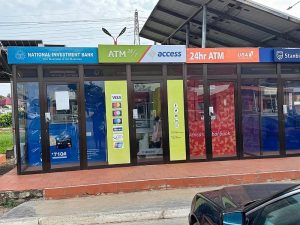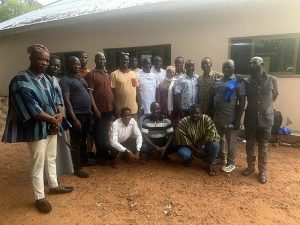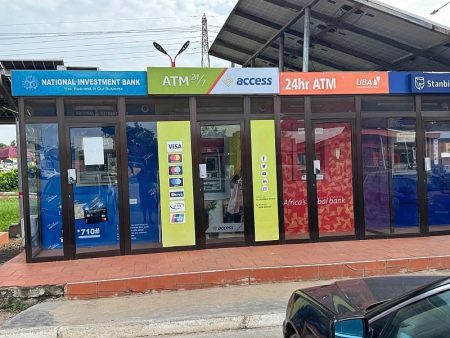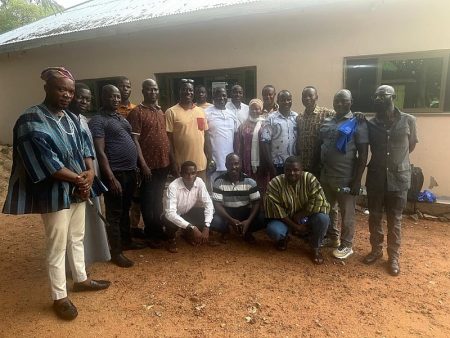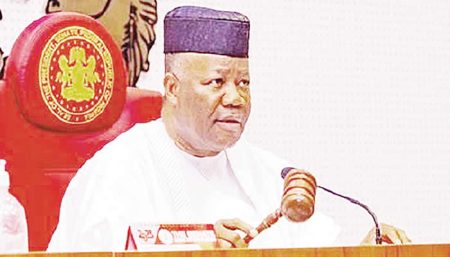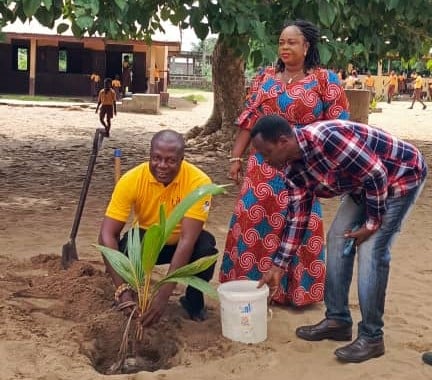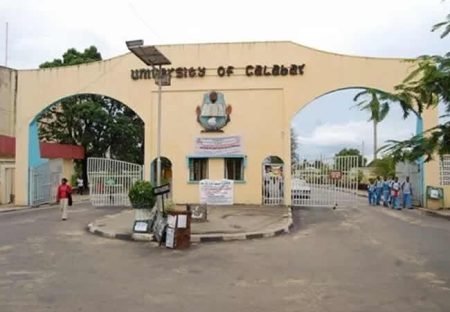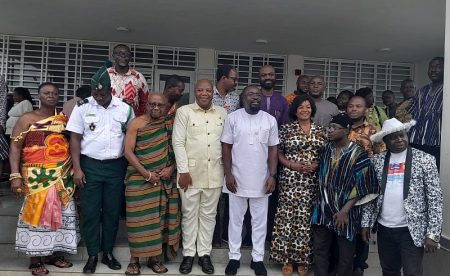Justice Philip Bright Mensah, a nominee for the Supreme Court of Ghana, has presented a compelling case for the overhaul of Ghana’s legal education system. During his appearance before Parliament’s Appointments Committee, Justice Mensah argued that the current system, which restricts professional legal training to the Ghana School of Law (Makola), is antiquated and inadequate to accommodate the increasing number of law graduates in the country. He advocated for a decentralized approach, empowering accredited university law faculties to provide both academic and professional legal education, thereby broadening access and alleviating the persistent bottleneck at the Ghana School of Law.
Central to Justice Mensah’s argument is the stark mismatch between the proliferation of LLB programs across various universities and the stagnant capacity of the Ghana School of Law. While the University of Ghana was once the sole provider of LLB degrees, numerous institutions now offer the program. This expansion, however, has not been mirrored by a corresponding growth in the facilities and resources at Makola, leading to a significant backlog of LLB graduates waiting for admission. This bottleneck, Justice Mensah contends, highlights the systemic flaws in the current model and underscores the urgent need for reform. He proposed a prioritization system, granting “immunity” or preferential admission to those who have been waiting the longest, subject to the General Legal Council’s implementation.
Justice Mensah’s proposed reforms center on decentralizing professional legal training by leveraging the existing infrastructure and expertise within university law faculties. He argued that these faculties, which already provide a strong academic foundation in law, are equipped to deliver professional training as well, provided there is rigorous quality assurance. This decentralization, he believes, would not only increase the overall capacity for legal education but also democratize access, making it more accessible to a wider range of aspiring lawyers. He emphasized the role of the General Legal Council in overseeing and ensuring the quality of professional legal education provided by these faculties.
The current system, according to Justice Mensah, acts as a significant barrier to entry for aspiring legal professionals. The limited capacity of the Ghana School of Law forces many qualified LLB holders to wait extended periods for admission, effectively delaying their entry into the legal profession. This bottleneck, he argues, not only harms individual career trajectories but also deprives the nation of much-needed legal talent. By expanding the avenues for professional legal training, the proposed reforms would streamline the process, enabling a more efficient flow of qualified individuals into the legal workforce.
Justice Mensah’s argument rests on the premise that university law faculties already possess the necessary resources and expertise to deliver professional legal education. He believes that these faculties are well-positioned to integrate practical training into their existing LLB programs, creating a more comprehensive and streamlined educational pathway. This integrated approach would not only expand access but also potentially enhance the quality of legal education by seamlessly blending academic theory with practical application. He suggested that integrating the professional courses offered at the law school into the curricula of university law faculties could be an alternative solution.
The success of these proposed reforms, Justice Mensah stressed, hinges on the collaborative efforts of the General Legal Council, law school administrators, and universities. He called for a concerted and cooperative approach to redesigning the legal education system, ensuring that the reforms are implemented effectively and maintain high standards. He emphasized the importance of the General Legal Council’s role in setting and enforcing quality assurance standards to ensure that the decentralized system maintains the integrity and rigor of legal education in Ghana. These reforms, he believes, will not only modernize Ghana’s legal education system but also contribute to a more robust and accessible legal profession.



